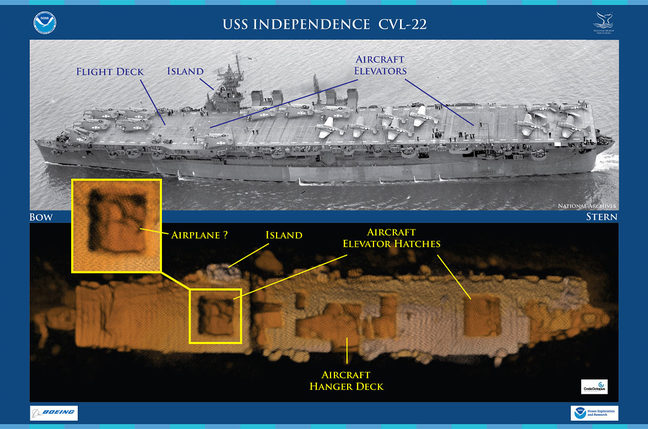Richard Anderson puts it a bit more pithily: “Kim Campbell says something sensible”:
When conservatives say things like this, no one really believes Kim Campbell was ever a conservative, they’re denounced as racists. So far I haven’t seen any ripples on the pond from Campbell’s comments. In part, I suspect, this is because of her lack of importance; no one cares what historical footnote thinks. The other part is that the Establishment Left would find it awkward attacking the First Female Prime Minister of Canada. I suppose she passes for a Canadian feminist icon. Admittedly not a giant threshold to leap.
Campbell’s musings are, of course, no more than common sense. Canada is one of the most advanced nations on earth. Most of our immigrant population comes from backward hellholes. When you import people from backward societies you import their primitive ideas as well. The refusal to acknowledge this is a dangerous act of wilful blindness. Campbell should be commended for speaking out.
Her solution, which fits with our traditional pattern of integrating new groups, is to focus on educating immigrants in our values and history. Making it abundantly clear that women possess legal and social equality with men should be utterly uncontroversial. Instead such calls for action are dismissed by the Left as racist dog whistles. No doubt for some they are. That does not change the nature of the threat or the need to act.




